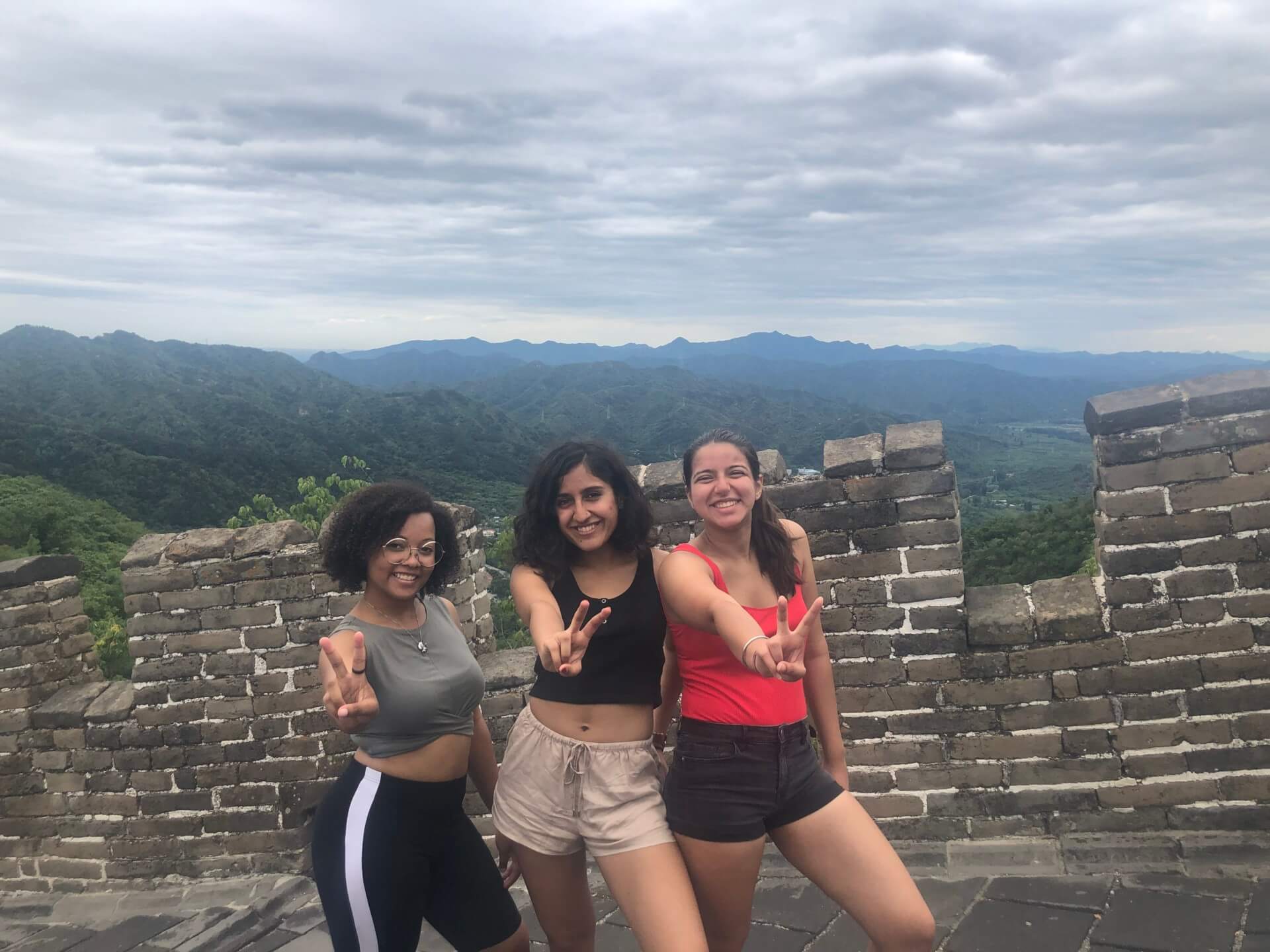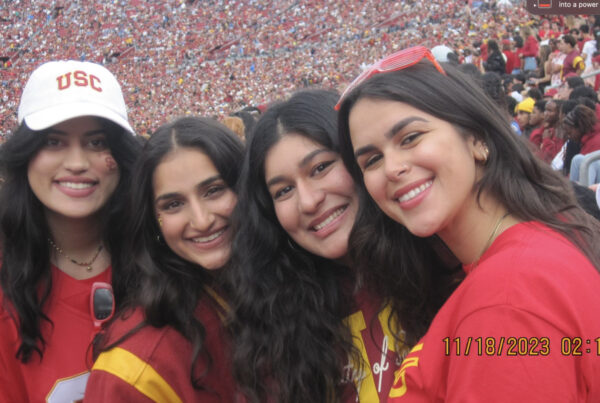Navigating the professional sector – be it internships, semester jobs, or full time offers – as an international student is in many ways a whole different ball game, and it can often be difficult to relate to my peers, many of whom are US citizens, about the difficulties that the process entails. These can include dealing with applications that do not materialize into interviews because of non-citizens being filtered out of the applicant system, not being able to apply for certain roles or companies due to a lack of security clearance, or generally braving the additional tedious paperwork that comes with working in the US as an international student. To that end, I’ve compiled a list of helpful tips that I wish I knew when I was entering college in the US as a freshman: it is my hope that at least one of these proves useful!
During the semester, you CAN work part-time jobs, but only on campus
Many undergraduate students take on part-time jobs at USC, either to fulfill work-study or to meet living expenses – these can include paid research, administrative positions, and working at different stores or hospitality locations around USC among others. As an international student, the process to work part-time at a non USC owned business is tedious (and requires special immigrational approval) but working on-campus is allowed for up to 20 hours a week! While the paperwork to begin that process can seem daunting, it is a one-time administrative task that sets you up to be able to work in all types of positions at USC throughout your four years – in my time, I’ve been able to work in the admissions office, as an educator (for Freshman Academy), and as a paid research assistant.
During the summer, you CAN intern off-campus
While the rules for the summer after your freshman year are more complex (check out the Office of International Students website for more details), in general it is possible to work at a company of your choosing during the summer months. Again, additional paperwork is required, but the USC Career Center has resources to aid through this process, and if a potential employer asks: you ARE legally authorized to work in the US for that summer.
Be aware that not all industries/companies are open to international students
Certain fields of work like the defense industry, certain astronautical companies, and some government-level work can be restricted to US citizens due to security clearance concerns, so make sure you do your research on the company beforehand to ensure your application will even be considered. If you are applying to jobs or internships through ConnectSC, there will typically be a section letting you know if you are or are not eligible to apply based on citizenship, but since many applications tend to be outside the USC operated system, check out the company website or specific job posting to see if they accept non-citizen applications. I also personally recommend doing a quick search on My Visa Jobs when applying for full-time positions to make sure your application is being put towards a company that is likely to hire a non-citizen.
Lastly and most importantly: an international background is an asset, not something to be ashamed of!
Do not be discouraged if the companies you are initially interested in prove to not be very friendly to non-American students! The process can be emotionally draining, but throughout it, it is so important to remember that being an international student is not a flaw, but a strength. The best advice I have ever received is to lean into my international background – and it is something I have only very recently been able to do. Indicate on your applications and in your resumes that you have the ability to bridge connections between different groups of people and cultures, and as a result, you are able to navigate complex social situations in a job setting and able to communicate with a variety of audiences. As an international student, you bring to the table a new and diverse perspective – own that, and the right employers will value you for it.

As an international student, I grew up in China! This is me at the Great Wall, the summer after my sophomore year.




